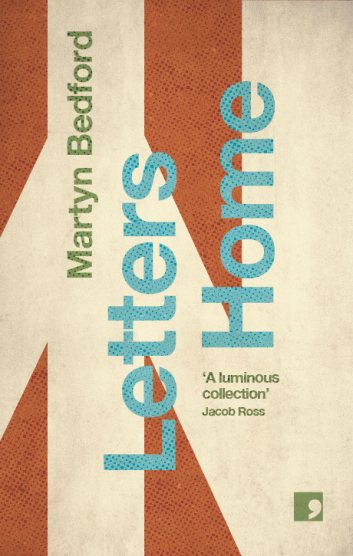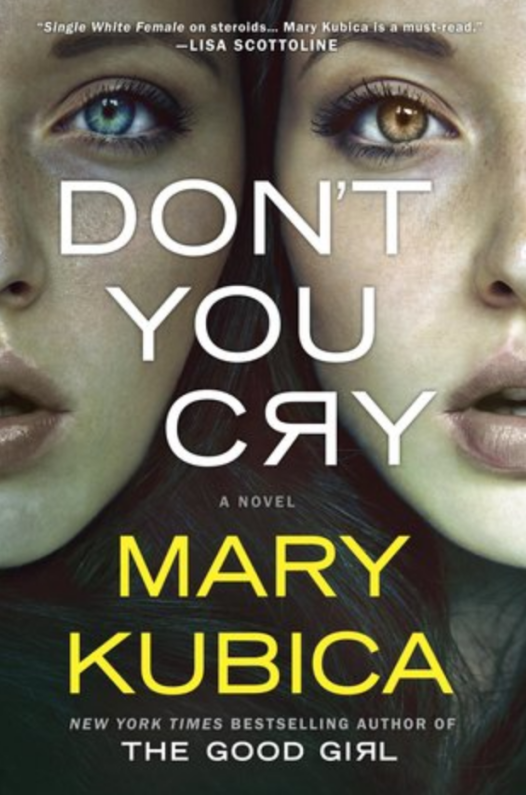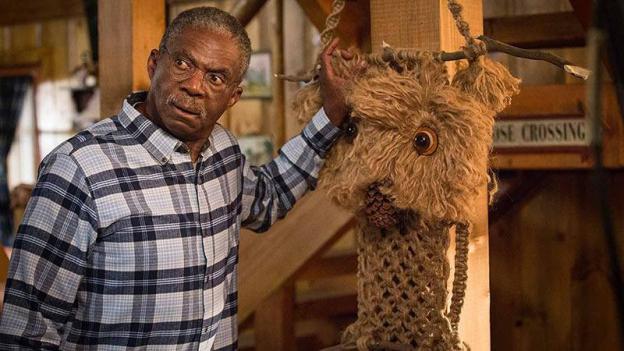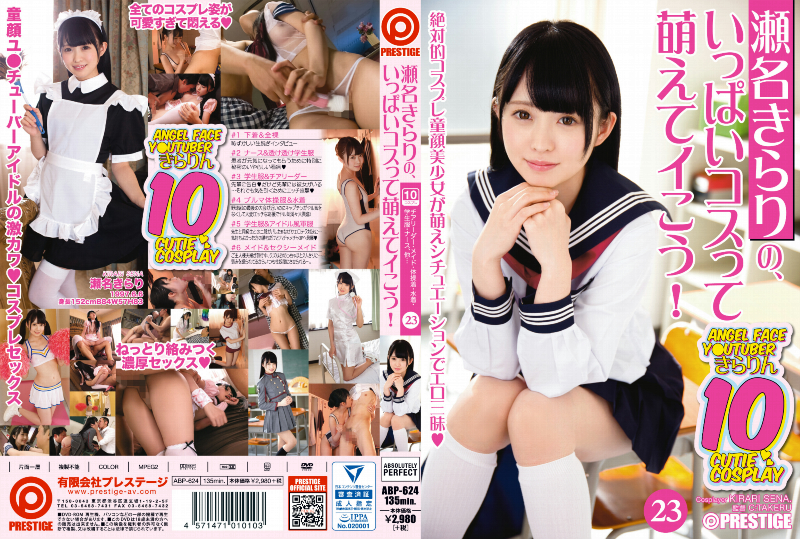Like many authors, I’m often asked to what extent my fiction is based on personal experience. Some readers seem unduly preoccupied with finding the writer in the writing; at least, where novelists are concerned. Philip Roth was recently quoted as saying that readers generally assumed his novels were autobiographical, but that when he published a memoir he was accused of making it up. Perhaps this perception is rooted in the hackneyed creative-writing adage: Write what you know. As if real-life experience trumps all other cards in the fiction-writer’s hand – research, for example, or (whisper it) the imagination. Of course, plenty of writers do draw closely on autobiographical material for their novels, sometimes heavily disguised, sometimes draping only the thinnest of fictional veils over the fact.
I never have. None of my eight novels is even loosely autobiographical and none of my characters is a surrogate me. Let me state, for the record, that I have not taken revenge on my former teachers, been a trafficked sex-worker in Amsterdam, become obsessed with tracking down a panther on Ilkley Moor, woken up one morning to find my soul inside someone else’s body, or been sent to a psychiatric clinic after causing my brother’s death. I don’t even have a brother. A few specific details and incidents in my novels are based on direct experience, it’s true, but the resulting scenes are invariably adaptations rather than replications.
Curiously, though, I have mined my past to provide ideas – sometimes the very premise or plot – for a number of my short stories down the years. Why autobiography should surface only when I’m working with a shorter fictional form, I don’t know. It might simply be that certain isolated episodes in my life have lent themselves to the kind of snapshot a short story can provide but lack the narrative breadth and complication to yield the full photo-album of a novel. Or maybe I just can’t stand my own company for more than a few pages.
Whatever the reason, I can’t argue with the math. While fiction beats autobiography 8-0 in my novels, in my new solo collection, Letters Home – which gathers together stories spanning the twenty-odd years of my writing career – no fewer than four of the twelve pieces originate almost entirely in direct personal experience:
- In real life, in my twenties, I became seriously ill with dysentery while travelling in Rajasthan. Things might have been much worse but for the help of an Indian motor-parts sales rep in a neighbouring hotel room, who came to my rescue when I collapsed, cleaned me up and fetched a doctor. This episode – which I recorded at the time in my travel journal – is recounted more or less exactly as it happened in my story ‘A Representative in Automotive Components’, with one notable fictional twist: the protagonist is smuggling drugs.
- More recently, and closer to home, in Ilkley, I was about to have a clean-and-polish from my dental hygienist when she received a message from her daughter to say that David and Victoria Beckham, and their kids, had walked into Betty’s tearooms, just a few hundred metres from the surgery. The ensuing conversation, and my subsequent attempts to catch a glimpse of the celebrity entourage, are reproduced pretty faithfully in ‘The Beckhams are in Betty’s’. Save for the introduction of two made-up secondary characters, and the fact that my narrator – bizarrely obsessed by the Beckhams’ proximity, rather than merely mildly curious – goes to far greater lengths than I did to verify their presence.
- In ‘Unsaid’, a story told entirely in dialogue, I transcribe – as close to verbatim as I can remember it – a sequence of conversations which punctuated the final weeks of my father’s life, in 2006: from illness, to diagnosis, to treatment, to death. I make the son into a daughter, and alter a few other details, but she is essentially a surrogate me. For dramatic purposes, I also reverse the chronology, Time’s Arrow Otherwise, the story is close to being unexpurgated autobiography.
- The fourth example is based on a scene I witnessed rather than one which directly involved me. ‘Waiting at the Pumpkin’ is the tale of a woman enduring a humiliating appraisal by her line-manager, in a café, within earshot of customers at the neighbouring tables. In real life, the setting was a service station on the M1 but I relocated it to the Pumpkin café at Manchester Oxford Road Station, to enable the story’s invented ending. I also used the woman’s narrative viewpoint, rather than mine as observer, and imagined an inner life for her. But the dialogue is a near-verbatim rendering of the actual conversation which I overheard and noted down at the time, using the trusty shorthand from my days in journalism.
It strikes me, as I reflect on the four pieces, that their autobiographical nature might be fundamental to their conception but it’s the licence I’ve taken with that source material which – I hope – gives it life on the page. Take away the drug-smuggling element and the Indian story would lose most of its tension. The exaggerated behaviour of the Beckhams-fixated dental patient makes for a much better tale than my own response would have done. Without the inner life of the woman in the Pumpkin, the reader would remain emotionally semi-detached from her ordeal. Even in ‘Unsaid’, the dialogue alone doesn’t convey the full story; by stripping out my own reflections and feelings, I leave spaces between the spoken words for the readers to bring those things to the narrative themselves, to make their version of it.
The more interesting question, then, is not the extent to which a work of fiction is based on the writer’s personal experience. Rather, it’s the extent to which autobiographical events depend on the storyteller’s imagination to convert them into drama. Real life just happens. Stories have to be made.
Letters Home is Martyn Bedford’s first collection of short fiction, including over 20 years of stories. He is also the author of five novels for adults, including Acts of Revision, which won the Yorkshire Post Best First Work Award, and three novels for young adults: Flip (shortlisted for the Costa Children’s Book Award, and winner of four awards including the Sheffield Children’s Book Award and Calderdale Book of the Year), Never Ending, and Twenty Questions for Gloria, winner of the 2017 Coventry Inspiration Book Award. He has been translated into fifteen languages.
You can buy Letters Home now in paperback and in eBook formats, from the Comma Press website, Amazon, and from your local bookshop.






